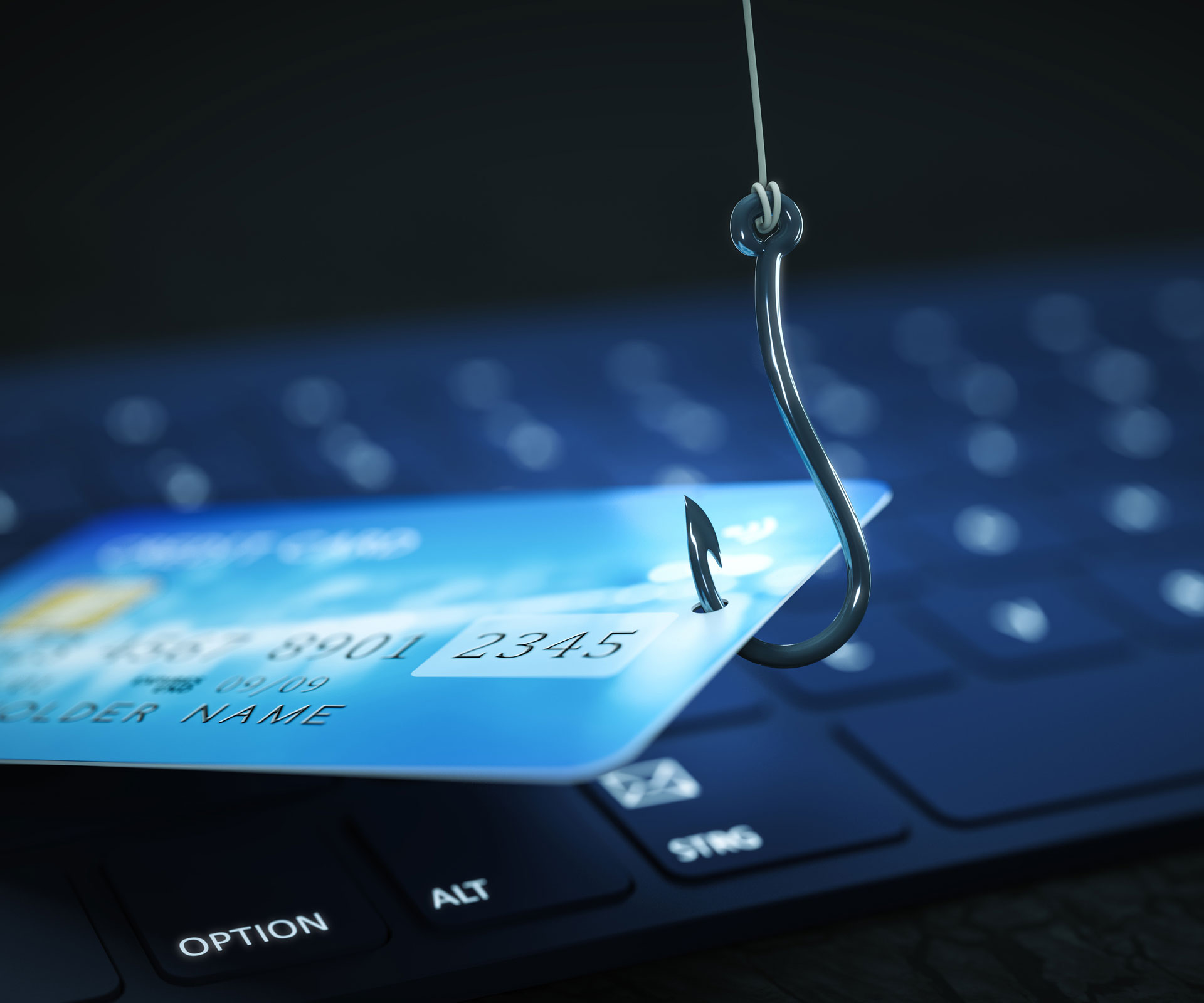

These days, hackers and cyber criminals attacking innocent citizens isn't uncommon. There seem to constantly be new stories of individuals who were just trying to use the Internet falling victim to schemes to steal their identities without even realizing it.
Phishing has turned into a major issue across the world. A phishing attempt consists of a criminal tricking someone into revealing sensitive information about themselves online, willingly. For instance, a number of people may have received spam in their email inboxes at one time or another from a source pretending to be a legitimate company or institution. The text will then ask the recipient to provide their bank account number, birthday and a number of other data points, saying that this information is necessary to receive compensation. However, the data will end up in the hands of a criminal, who can wreak havoc on personal finances.
There are a number of things Canadians can do, however, to ensure that their Internet browsing experiences go off without a hitch.
Invest in software and stay vigilant
According to the Canadian Anti-Fraud Centre, investing in the right programs can go a long way toward protecting Canadians from would-be hackers. Namely, the institution said that protecting devices with options like anti-virus software, spyware nets, other filters and firewalls can be important steps for keeping yourself safe online.
Software can only go so far, in many cases, especially when, during phishing and similar attacks, it's the individual who willingly provides the sensitive data. Consumers also have to know how to spot such messages. The news source explained that when in doubt, Canadians should contact the institution that is supposedly behind the communication and make sure everything is legitimate before sharing information. Overall, it's unsafe to respond to such queries without being 100 per cent sure of who's on the other end.
Pay attention to the look of the email
The Canadian Bankers Association explained that the look of the email itself can often uncover whether or not a scam is being attempted. The source said that logos and official language should be present. Moreover, if there are spelling and grammar mistakes, chances are good that this is not a legitimate query.
Finally, the organization detailed that, especially when coming from banks, real emails will be personalized and contain identifiable information. On the other hand, a phishing attempt will often use language like "Dear valued customer."
This is not to say that the Internet is a dangerous place. Rather, if Canadians simply remain vigilant and go about their business normally, they'll be able to reap the benefits of all that going online has to offer.




Speak Your Mind